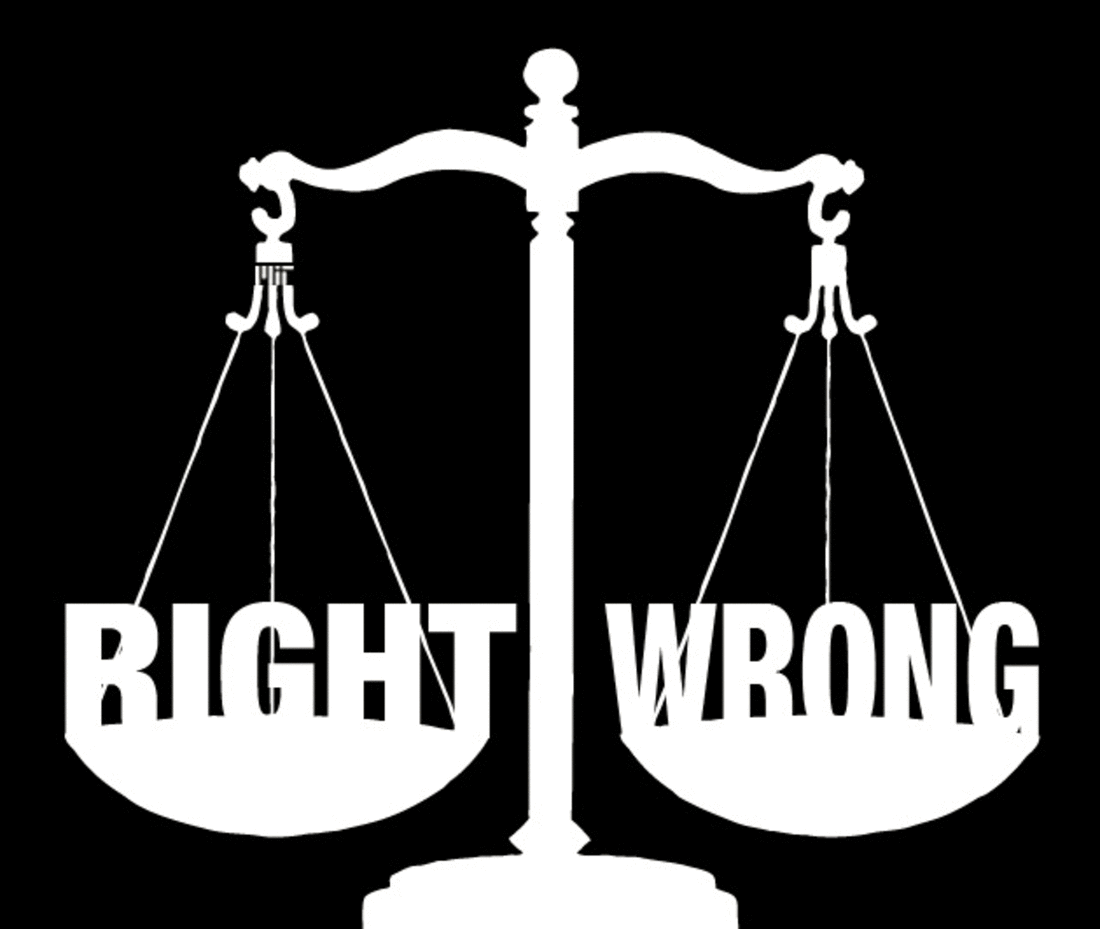
The Vintage Moral Maze. Do You Keep the £20k You Find in a House Clearance?
Share
This week I was talking to a house clearance operative as I was collecting goods from an auction and he was dropping goods off for the next sale. We got chatting. He told me of two recent predicaments. He has a large house clearance set-up and gets a lot of work from solicitors executing the sad clearing up of a deceased estate. As such he is a proper professional house clearer.
 He told me of two recent incidents. The first was the relatives of a deceased person asked him if he found a small box of jewellery to return it to them. He duly found it stuffed in the back of a wardrobe and returned it to them. Very honest, in the cut throat world of clearances most clearance operatives would have kept the jewellery. I would have returned it as well. It was something that they specifically asked for that they owned still. Frankly it would be theft to take the box.
He told me of two recent incidents. The first was the relatives of a deceased person asked him if he found a small box of jewellery to return it to them. He duly found it stuffed in the back of a wardrobe and returned it to them. Very honest, in the cut throat world of clearances most clearance operatives would have kept the jewellery. I would have returned it as well. It was something that they specifically asked for that they owned still. Frankly it would be theft to take the box.I was even more impressed by his honesty when he told me that on an historical clearance he once found £20,000 in a box and returned it to the solicitor who gave him the clearance. I said to my wife I would have kept it. If the relatives of the deceased were unaware of the existence of the money they would never know. But then I got thinking.
Why? Because when you undertake a clearance, legally the contents of a house become yours as you have purchased the contents of the house. So surely it is yours, right?
But often clearance firms actually charge to clear houses and that area becomes a bit murky unless as part of the agreement the contents you are being paid to clear are legally yours for disposal. Surely then, if you are being paid to clear a house, and you find 20K it is not actually your money to find and keep. Or is it? Maybe if it is an informal arrangement you really are duty bound to return the money?
So, if it is legally yours you keep it and if not, you give it back?
But then other factors come into play.
How do you know the solicitor will not think happy days the mugs have given me an undeclared and unknown £20k I’ll keep it myself.
Often as clearances unravel it becomes clear the relatives of the deceased were actually pretty horrible to them and never took an interest.
If you are clearance operative and in financial difficulties surely it would be tough not to pocket it.
The person I spoke to gets his work from solicitors, showing such honesty and integrity will long-term stand him in with guaranteed work.
He also said in both cases he did not get a thank you from the families or solicitors, why bother then?
If it is money the relatives were not aware of they will never know so what is the harm?
So is giving it back surely the right thing to do?
I think most people would keep it. With me I think if I was aware of the family circumstances and they loved the deceased and the money was probably saved for them and they were not affluent people I would give it all back.
There is a halfway solution. You keep 10k and tell them you found 10k.
But having contemplated on the matter I would give it all back in nearly all circumstances as I would just feel dirty and like a criminal, even though legally you have done nothing wrong.
I think if the relatives were cruel and negligent to the deceased I’d keep it, just because they didn’t deserve it and give it to charity.
 I’m not being holier than thou. I would expect most people to keep it and not blame them. And as I said before my immediate response would be to keep it. If the relatives were financially cash strapped I think to keep it would be a bit ugly but surely you should at least say you found 10k and keep the rest?
I’m not being holier than thou. I would expect most people to keep it and not blame them. And as I said before my immediate response would be to keep it. If the relatives were financially cash strapped I think to keep it would be a bit ugly but surely you should at least say you found 10k and keep the rest?It is an interesting moral maze and probably something you could only really decide on if you were involved in the transactions and were alive to all the circumstances.
The clearance person was of the view that if he had known he would get no thanks for such an act of honesty he may well have acted differently!
